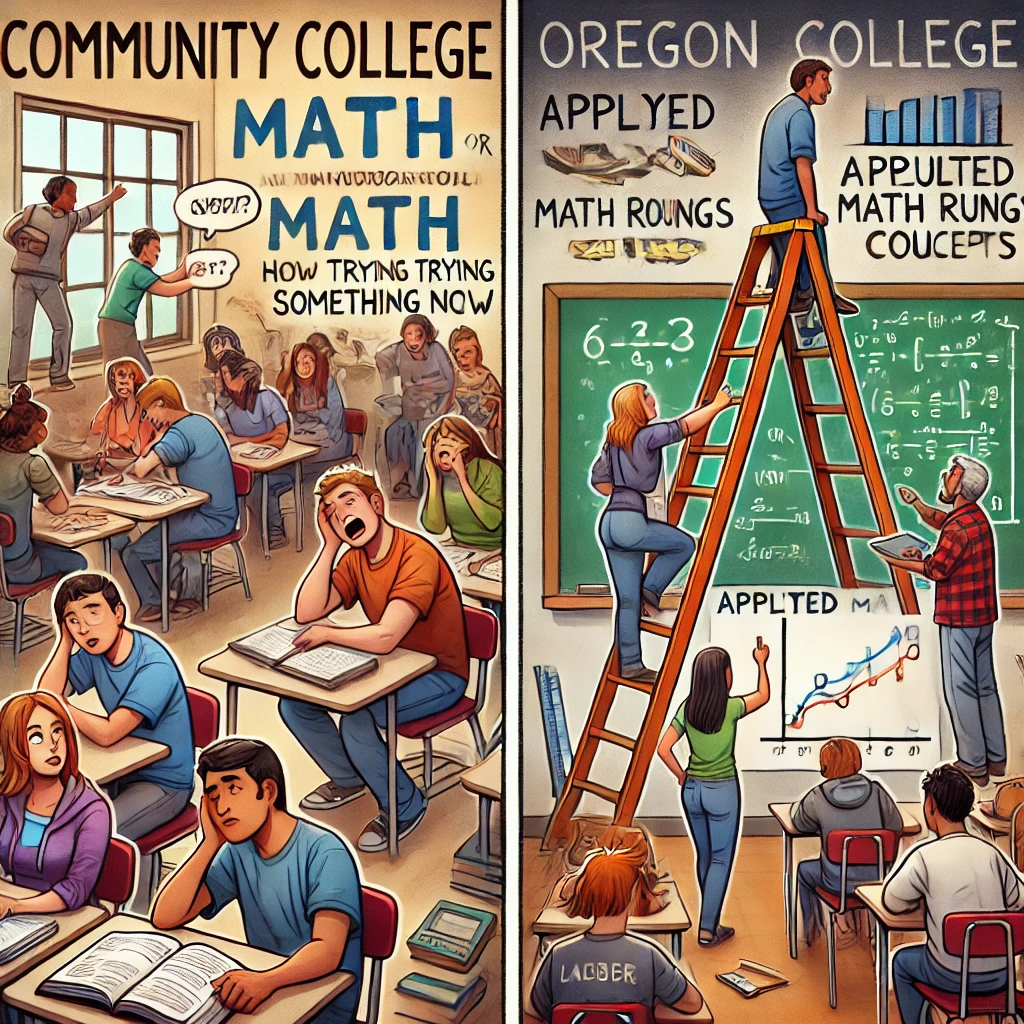Empowering Community College Students: A Pathway to Success
Community College students represent a diverse and dynamic group, striving for academic achievement, career advancement, and personal growth. Community College offers an affordable and accessible option for higher education, opening doors to numerous opportunities. In this article, we will explore the benefits, challenges, and success strategies for Community College students, providing insights into how they can maximize their educational experience.
The Benefits of Attending a Community College
Affordability
One of the primary benefits of attending a Community College is affordability. Tuition fees at Community Colleges are significantly lower than those at four-year universities, making higher education more accessible to a broader range of students. This cost-effectiveness allows students to save money and reduce the financial burden of college education.
Accessibility
Community Colleges are often located in local communities, making them easily accessible for students who cannot relocate or commute long distances. This convenience enables more individuals to pursue higher education without the added stress of travel and relocation expenses.
Flexible Learning Options
Community Colleges offer flexible learning options, including part-time, evening, and online classes. These options cater to students who may have work or family responsibilities, allowing them to balance their education with other commitments. This flexibility is crucial for many Community College students who need to juggle multiple roles.
Transfer Opportunities
Many Community Colleges have articulation agreements with four-year universities, facilitating seamless transfer of credits. This pathway enables students to complete their general education requirements at a Community College before transferring to a university to pursue a bachelor’s degree. This option provides a cost-effective route to obtaining a four-year degree.
Challenges Faced by Community College Students
Balancing Work and Study
Community College students often work part-time or full-time jobs while attending classes. Balancing work and study can be challenging, leading to stress and time management issues. It’s essential for students to develop effective strategies to manage their workload and maintain a healthy balance.
Limited Resources
Community Colleges may have fewer resources compared to larger universities. This limitation can impact access to advanced facilities, research opportunities, and extracurricular activities. However, many Community Colleges are expanding their offerings and forming partnerships to enhance the student experience.
Academic Preparedness
Some Community College students may require additional support to succeed academically. This support may include developmental courses, tutoring, and academic advising. Addressing these needs is crucial to ensure that students are well-prepared for their coursework and future academic pursuits.
Navigating Transfer Process
The transfer process from a Community College to a four-year university can be complex. Students must navigate application requirements, credit transfers, and financial aid adjustments. Proper guidance and planning are essential to ensure a smooth transition.
Strategies for Success at Community College
Time Management
Effective time management is critical for Community College students. Creating a study schedule, setting priorities, and using organizational tools can help students stay on track. Balancing work, study, and personal commitments requires discipline and planning.
Utilizing Campus Resources
Community Colleges offer various resources to support student success. These resources include academic advising, tutoring centers, career services, and mental health counseling. Students should take advantage of these services to enhance their academic performance and well-being.
Building a Support Network
Building a support network of peers, faculty, and advisors can provide valuable encouragement and guidance. Joining student organizations, study groups, and campus events helps students connect with others who share similar goals and challenges.
Exploring Transfer Opportunities Early
Students planning to transfer to a four-year university should explore transfer opportunities early in their Community College journey. Meeting with academic advisors, researching articulation agreements, and understanding transfer requirements will help students make informed decisions and ensure a smooth transition.
Engaging in Extracurricular Activities
Participating in extracurricular activities enriches the Community College experience. Involvement in clubs, sports, and volunteer opportunities allows students to develop leadership skills, build relationships, and enhance their resumes.
Success Stories of Community College Students
Overcoming Adversity
Many Community College students overcome significant challenges to achieve academic success. Stories of students balancing work, family, and education while excelling in their studies are inspiring and demonstrate the resilience and determination of Community College students.
Transferring to Prestigious Universities
Numerous Community College students successfully transfer to prestigious universities, where they continue to excel. These success stories highlight the quality of education provided by Community Colleges and the potential for students to achieve their academic and career goals.
Achieving Career Advancement
Community College graduates often achieve career advancement through their education. Technical programs, certifications, and associate degrees provide students with the skills needed to enter the workforce or advance in their current careers. Success stories of graduates finding meaningful employment and achieving professional growth are a testament to the value of Community College education.
Conclusion
Community College students embody the spirit of perseverance and ambition. With the benefits of affordability, accessibility, and flexible learning options, Community Colleges provide a valuable pathway to higher education and career success. By addressing challenges, utilizing resources, and implementing effective strategies, Community College students can maximize their potential and achieve their goals. The future is bright for Community College students as they continue to make significant contributions to their communities and the broader society.
For more information on Community College opportunities and resources, visit American Association of Community Colleges.
To read more articles like this, visit: Regent Studies




